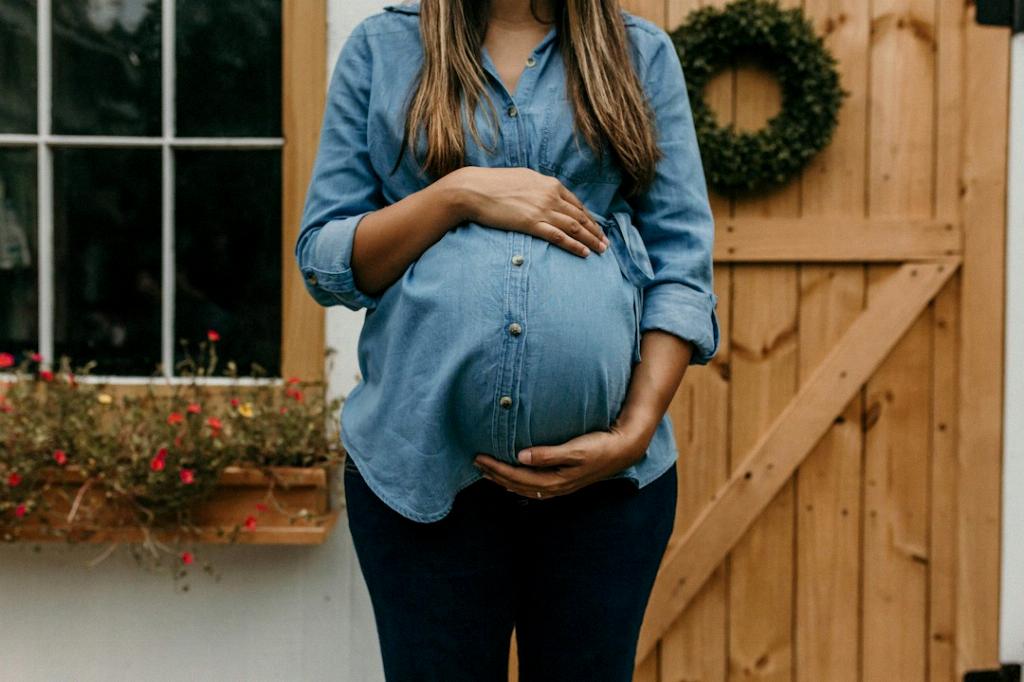During pregnancy, a woman’s body goes through numerous hormonal changes that can impact various aspects of her health, including her immune system. One common concern that many pregnant individuals have is whether pregnancy can lead to the development of allergies. The answer to this question is not a simple yes or no, as the relationship between pregnancy and allergies is complex and varies from person to person.
It is important to note that while pregnancy itself does not directly cause the development of new allergies, the hormonal fluctuations during pregnancy can exacerbate existing allergies or trigger the onset of new allergic reactions. These allergic reactions can manifest in various ways, such as skin rashes, nasal congestion, sneezing, or itchy eyes.
Research suggests that pregnant women who already suffer from allergies may experience an increase in the severity of their symptoms during pregnancy. This is due to the immune system’s response to the presence of allergens, which can be heightened during pregnancy. As a result, individuals who are allergic to certain substances may find that their allergic reactions are more intense while they are pregnant.
Furthermore, the postpartum period, which refers to the time after giving birth, can also be a vulnerable time for developing or experiencing allergies. The body undergoes significant changes during this period as well, and some women may find that their allergy symptoms persist or worsen after giving birth. It is essential for new mothers to pay attention to any new or worsening allergy symptoms and seek medical advice if needed.
While experiencing allergies during pregnancy can be challenging, it is essential to remember that most allergies that develop or worsen during this time are typically temporary and can be managed effectively. Pregnant individuals who experience allergy symptoms should consult with their healthcare provider to discuss appropriate treatment options that are safe for both the mother and the baby.
Common allergens that may trigger allergic reactions during pregnancy include pollen, dust mites, pet dander, mold, and certain foods. It is crucial for pregnant individuals to be mindful of their exposure to these allergens and take steps to reduce their contact with them to minimize the risk of allergic reactions.
In some cases, pregnant women may find relief from allergy symptoms by making simple lifestyle changes, such as using air purifiers in their homes, keeping their living spaces clean, avoiding known allergens, and using over-the-counter or prescription allergy medications under the guidance of a healthcare provider.
It is also essential for pregnant individuals to prioritize self-care and stress management, as stress can exacerbate allergic reactions. Engaging in relaxation techniques such as deep breathing, meditation, and gentle exercise can help alleviate stress and improve overall well-being during pregnancy.
In conclusion, while pregnancy can indirectly impact allergies through hormonal changes and immune system responses, it is not a direct cause of developing allergies. Pregnant individuals who experience new or worsening allergy symptoms should seek medical guidance to ensure proper management and treatment of their allergies. By adopting healthy lifestyle habits, reducing exposure to allergens, and practicing self-care, pregnant individuals can effectively manage their allergies and enjoy a healthy pregnancy.

